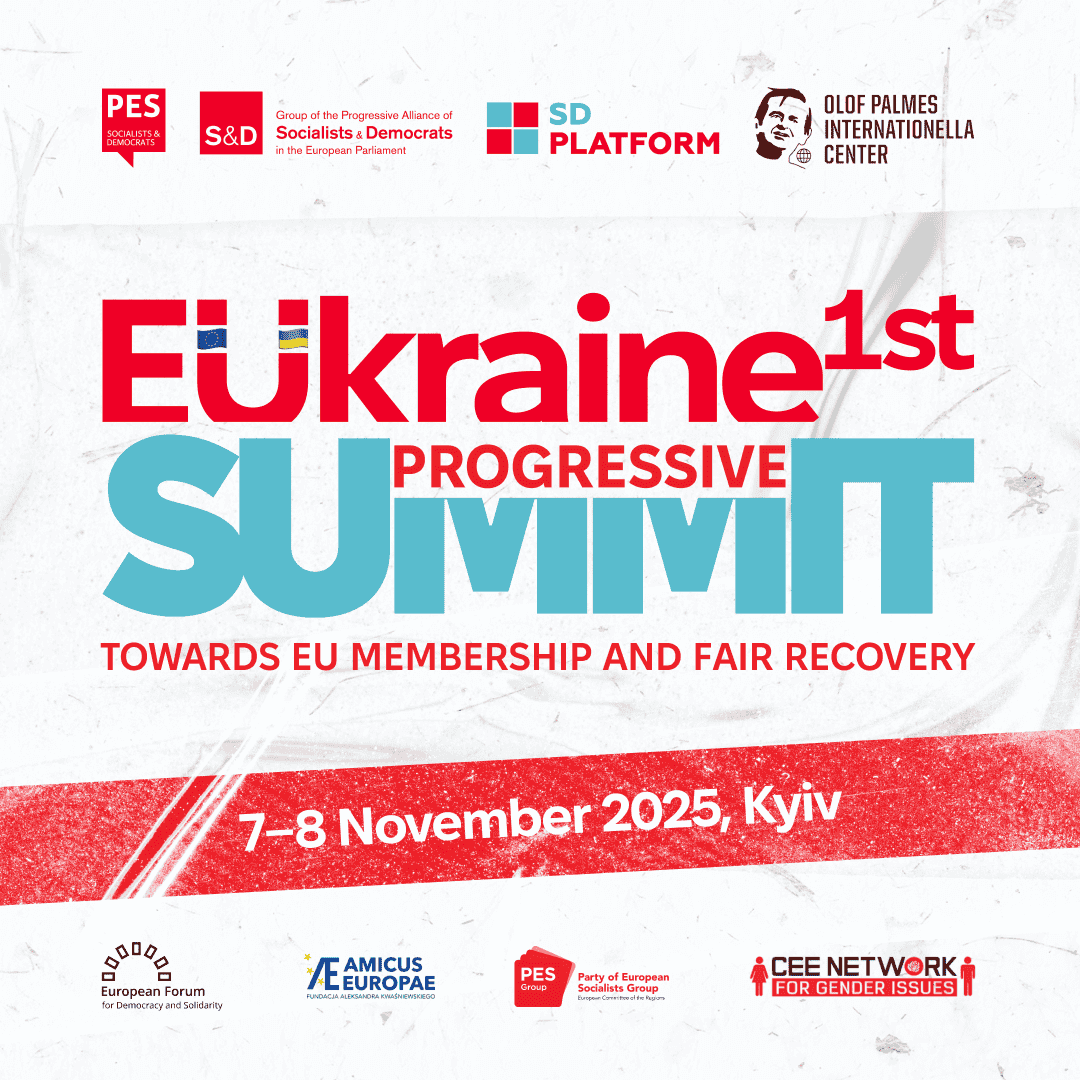The noises about so-called 'pushbacks' at Europe's external borders are getting louder and louder. Meanwhile, there are countless stories of refugees being harshly stopped, and even sent back, after they have already set foot on European territory. At a time when the EU expresses great concern about the many refugees trying to reach the EU via Belarus, it is all the more important to be aware that these refugees too are entitled to a fair asylum procedure in Europe. Repressing them with illegal methods should thus be out of the question.
Unfortunately, pushbacks have been implemented for years, see for example the case brought by Dutch lawyers at the European Court of Justice over the return of a Syrian family in Greece in 2016. However, since the start of the corona pandemic, pushbacks seem to have been in large numbers increased. The pandemic, resulting in closed borders, is being used as an excuse to deny refugees their chance of a fair asylum procedure, when they are entitled to this under both European and international law. Because refugees often cannot get a visa or apply for one at all, both the Refugee Convention and EU law stipulate that every country is obliged to grant access to anyone seeking asylum until the procedure is completed. Returning refugees after they have already set foot on European soil is a gross violation of these conventions and laws. This must stop as soon as possible!
Dubious role of EU
For a very long time, there was no visual evidence of these practices, and the European Union could choose to turn a blind eye to this injustice because thousands of witness statements were not considered irrefutable evidence. However, that changed earlier this month, after months of investigations by several investigative journalism organisations video evidence shows of the violent pushback of refugees and migrants by Croatian police units. While there is no evidence that Frontex, the European Border and Coast Guard Agency created in 2004 "to control the external borders of the EU's area of free movement protect," pushbacks, the sheer scale of these practices means that Frontex cannot help but know about them, and look away. Frontex must stick to its own mandate, which includes monitoring human rights.
These pushbacks are the result of a Europe that wants to implement strict migration policies but does not want to take responsibility for them itself. It is the result of overcrowded refugee camps in Greece, which were collectively condemned but for which no concrete solutions were offered by the EU. And while the EU says it condemns pushbacks, local administrators on the ground say they are only doing what Europe would like.
Last Thursday, the European Parliament voted for the second time on approving Frontex's budget. This vote was an opportunity for the EU to say: Until here and no further; our migration and asylum policy must abide by all international and European laws. This partly happened: The European Parliament agreed to close the 2019 books, but wants part of the 2022 budget to be frozen until Frontex has taken steps in better monitoring human rights violations while protecting its borders.
This is a good first step, but it is essential that the EU realises that respect for human lives is at stake here. Refugees have a right to a fair asylum procedure, and the EU has an obligation to give them this. Therefore, the EU must ensure that it condemns the non-respect of these procedures not only with words, but also with deeds. Only then will the EU remain credible as an actor preaching respect for human rights on the international stage.




